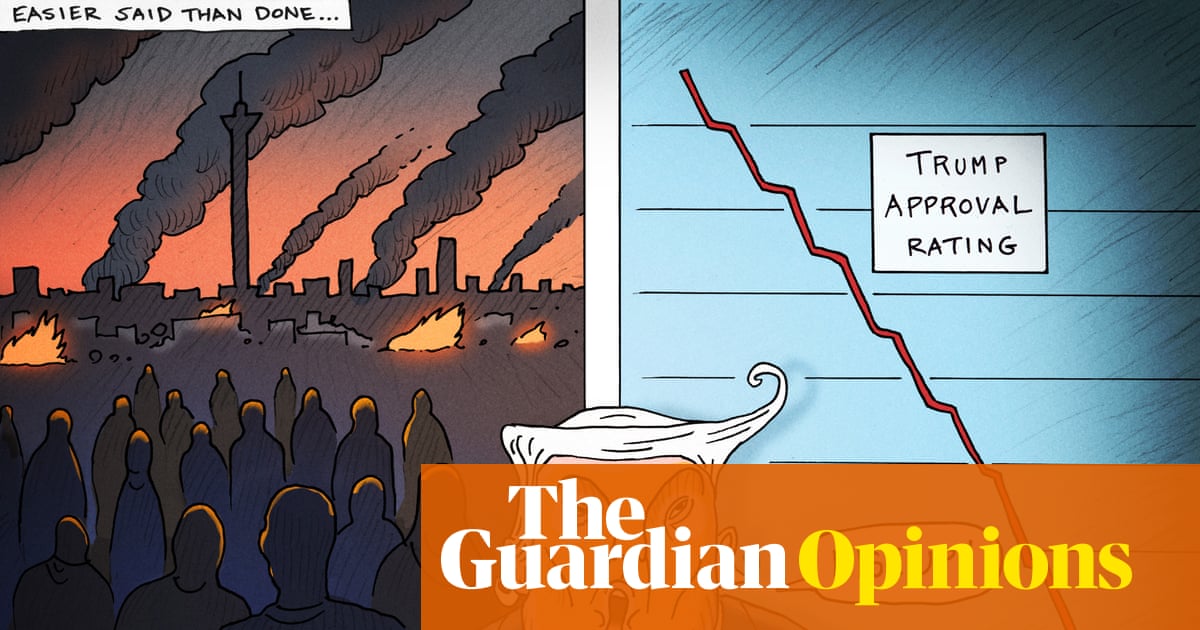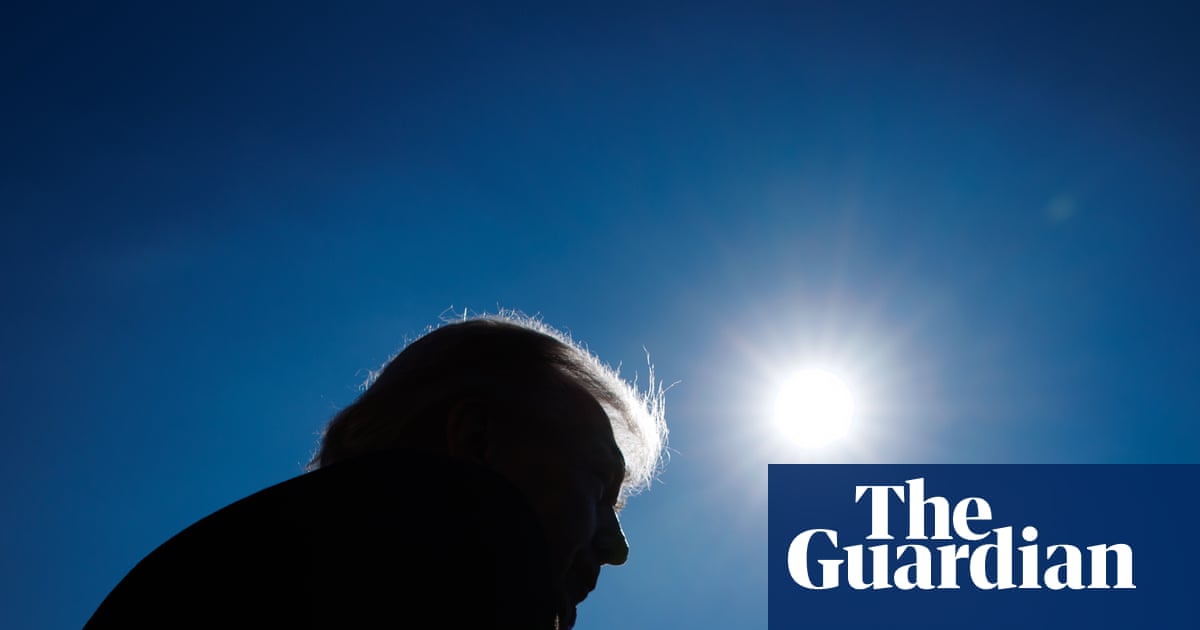Jamaican prime minister Andrew Holness has said last week’s Hurricane Melissa, the strongest-ever storm to hit the country’s shores, caused damage to homes and key infrastructure equivalent to roughly 28% to 32% of last year’s gross domestic product.
Holness told the Caribbean nation’s lower house the $6bn to $7bn estimate was conservative, based on damages assessed so far, and short-term economic output could decline by 8% to 13%.
The prime minister warned that costs would push up Jamaica’s debt-to-GDP ratio and that his government would activate emergency provisions to temporarily suspend the country’s fiscal rules. Holness, whose government set out credit and insurance provisions for a storm similar to last year’s Hurricane Beryl, said he was seeking financial support from regional allies, development agencies and the private sector.
“Experts describe Melissa to be on the very edge of what is physically possible in the Atlantic Ocean, a storm powered by record sea temperatures,” he said. “Its force was so immense that seismographs hundreds of miles away registered its passage.”
“Hurricane Melissa wasn’t only a tragedy: It was a warning.”
Melissa slammed into Jamaica’s agricultural heartlands, already battered by last year’s Hurricane Beryl, which lawmakers said could push up the prices of food. It also tore through parts of the nation’s key tourism corridor.
Lawmakers also said thousands of tourism workers were out of a job.
Scientists say storms are intensifying faster as a result of greenhouse gas emissions warming ocean surfaces, piling up fuel for seasonal storms. Caribbean leaders have long called for reparations from wealthy heavy-polluting nations in the form of aid or debt relief.
Holness pledged to rebuild infrastructure to withstand the worsening impacts of climate change, including moving parts of the electric grid underground. He also waived import taxes for some relief products such as solar panels and Starlink kits.
“Every repaired bridge, re-roofed home and rebuilt road must be designed for the storms of tomorrow, not the storms of yesterday,” he said.
By Tuesday, Melissa’s confirmed death toll climbed to 75, as Haiti’s official count climbed to 43, with 13 more missing, adding to the 32 confirmed deaths in Jamaica.
Haiti was not directly hit, but lashed with days of rain that flooded rivers.
In one Haitian town, 25 people died, including 10 children. Nearly 12,000 homes were flooded, roads left impassible and communities lost access to drinking water. Both countries expect the number to climb as more bodies are recovered.
Holness said more than 30 Jamaican communities likely remained cut off by damages to roads and bridges. He said response efforts were hampered by shortages in helicopters, social workers, doctors and engineers, and that this underlined the need to carefully plan ahead for future storms.
Cuban authorities evacuated hundreds of thousands of people last week as Melissa landed near its second-largest city, Santiago. They reported no deaths, but extensive damage to homes, crops and infrastructure.
Experts at US forecaster AccuWeather estimated damages across the Caribbean of $48bn to $52bn.

.png) 3 months ago
79
3 months ago
79

















































